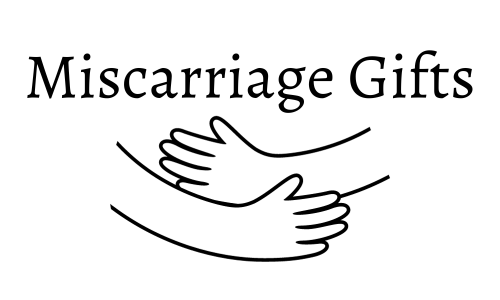Mother's Day is typically filled with celebrations of motherhood, but for those who have endured the heartbreak of a miscarriage, the day can surface a whirlwind of emotions. It's important to honor your feelings, whether they're sorrow, longing, or even relief. This guide offers strategies to handle the day with self-care and compassion, aiming to aid your healing process.
Understanding the Emotional Weight of Mother's Day
For mothers who have lost a child or are struggling with infertility, Mother's Day can amplify feelings of loss and longing. It's a stark reminder of what might have been. To manage these feelings, consider starting the day with a quiet moment to reflect and set your intentions. You could light a candle for your angel baby, or simply spend some time in a cherished space at home, preparing your heart and mind for the day ahead.
Facing a Range of Emotions
The surge of emotions on Mother's Day post-miscarriage—sadness, anger, jealousy, guilt—is entirely normal. Recognizing and validating these feelings as part of your journey can ease their burden. Creating a safe space to express these emotions is beneficial. This could be through talking with a trusted friend, participating in a support group meeting, or writing in a journal. These acts of expression can be powerful steps in the healing process.
Choosing How to Spend the Day
If Mother's Day stirs sadness or disappointment, remember many others share your feelings. You might find solace in creating a new tradition that honors your experience. This could be a quiet day of reflection or a day filled with activities that you find comforting, such as watching favorite movies, reading, or crafting.
Opting Out of Celebrations
It is completely acceptable to skip Mother's Day festivities if they feel too painful. If you choose to opt-out, communicate your needs to friends and family in advance. Let them know how they can best support you—perhaps by respecting your choice for solitude or by joining you in a non-traditional observance of the day.
Practicing Kindness Towards Yourself
Being gentle with yourself is crucial. This might look like postponing challenging tasks and instead, allowing yourself whatever comforts you might need. Treat yourself as you would a dear friend in distress. This could involve a long bath with soothing music and aromatherapy or preparing a special meal that nurtures both body and soul.
Self-Care on Mother's Day
Self-care is vital, especially on emotionally charged days like Mother's Day. You might consider outdoor activities such as gardening or a gentle walk in a local park. Nature can be incredibly restorative. Alternatively, engaging in a creative activity such as painting or writing can offer a productive outlet for your emotions.
Embracing Self-Compassion
Self-compassion involves treating yourself with kindness and understanding during times of pain. This could involve meditation focused on self-compassion, or simply practicing mindful breathing whenever you find yourself overwhelmed by grief. Apps and online videos can guide you through these practices if they are new to you.
Planning Ahead for Emotional Safety
Anticipating the emotions that might arise on Mother's Day can help you manage them more effectively. Plan activities that honor your baby in a way that feels meaningful to you. Some parents find comfort in writing a letter to their child, planting a garden, or donating to a children’s charity in their name.
Staying Occupied and Avoiding Triggers
Keeping busy with activities can provide a helpful distraction. Planning a day trip with supportive friends or family, taking a class (like cooking or photography), or seeing a new movie could keep your mind engaged and your spirits lifted. Be mindful of social media and other potential triggers—consider unplugging for the day or curating your feeds to avoid painful content.
Honoring Your Baby
If it feels right, dedicating a part of the day to remember your baby can be healing. Some families release balloons with messages to their baby, while others might create a memory box filled with keepsakes like ultrasound photos or mementos from their pregnancy.
Remembering with Love
Consider buying a gift that keeps your baby’s memory alive, such as a custom piece of jewelry featuring a meaningful symbol or inscription. Some parents find comfort in wearing these daily as a quiet acknowledgment of their child.
Conclusion: A Pathway to Healing
Mother's Day after experiencing a miscarriage is deeply personal and can vary greatly in how it affects you. Whatever your feelings, prioritize your comfort and well-being. This day doesn't have to conform to the usual celebrations—it's a day for you to mark in whatever way brings you peace. Remember, healing is not linear, and taking care of yourself is your top priority.
By giving yourself permission to honor your emotions and engage in self-care practices, you're taking proactive steps toward healing. It's okay to ask for support and to prioritize your needs on Mother's Day and every day thereafter. You're not alone in this journey, and your feelings are valid. Embrace self-compassion and allow yourself the time and space you need to navigate this challenging day with grace and resilience.

2 comments
Holidays can be loaded with triggers after child loss. Mother’s Day can be a very very rough day after experiencing a loss. May all mothers find strength and healing.
I remember my first Mother’s Day after I lost my beautiful baby boy. Years later Mother’s Day is still hard for me but that Mother’s day was a tough tough day.